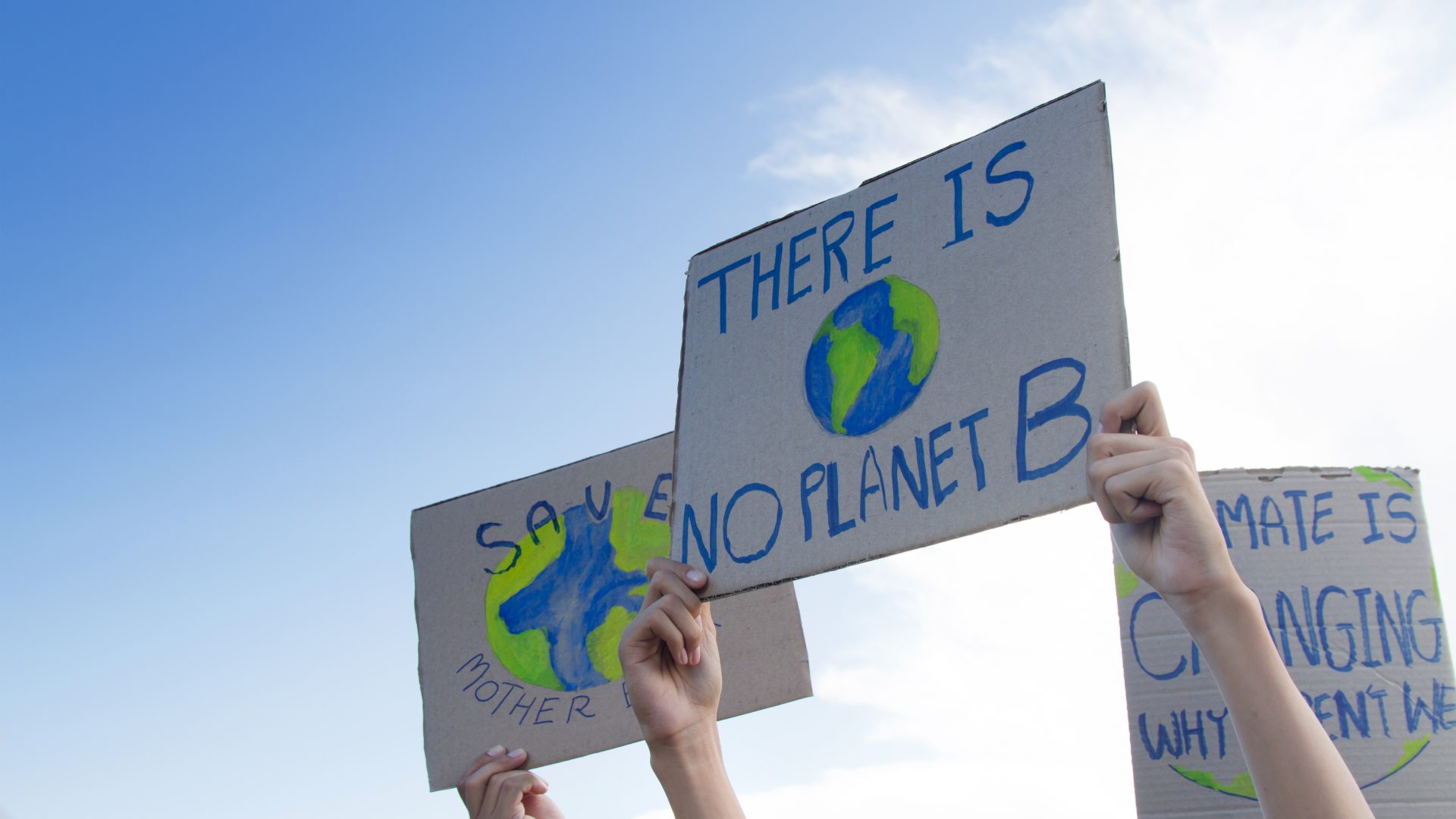
energy & environment
Competitive cooperation in times of climate change
The cooperation vows
At the American Chamber of Commerce’s (AmCham’s) EU transatlantic Conference, one of the speakers compared the transatlantic partnership to a marriage that needs to renew its vows. And indeed, we are witnessing more and more pledges on both sides of the Atlantic vowing to not only revive EU-US cooperation but to elevate it to new heights- in many areas including in the fight against climate change. In this spirit, during AmCham’s event, European Commission President, Ursula von der Leyen, stated: “I never stopped believing that Europe and America belong together. […] The United States has now re-joined the Paris Agreement. My offer to my American friends is: let’s go even further, together. Let us agree on a shared transatlantic commitment to become climate-neutral by 2050. A transatlantic roadmap to climate-neutrality.”
In addition to the call for a joint goal to reach climate-neutrality by 2050, Brussels has also expressed hopes of reconvening the EU-US Energy Council – a framework bringing together ministers from both sides of the Atlantic to coordinate on energy matters of strategic interest while also driving cooperation on the research & development of clean technologies. The Commission has proposed a green tech and trade alliance, which could accelerate climate-friendly innovation and potentially spur a climate initiative within the WTO in its Communication on a new EU-US agenda for global change.
The Biden administration has also made several high-level pledges since it took office in January. At the Munich Security Conference in February, President Joe Biden emphasised that “the transatlantic alliance is back and […] we are looking forward together”. The US President further recognised that efforts to tackle climate change need to be raised, and the transatlantic partners need to “hold one another accountable for meeting our goals and increasing our ambitions”. Following these words, he announced a climate summit on 22 April, where the US is planning to declare a new climate target.
In the sixties, it was the race to the moon; today’s new prestige project is the race to net-zero.
Leadership aspirations
Cooperation, however, does not exclude the possibility of other dynamics.
During the four years of the Trump administration, the EU found itself guarding over multilateralism without its longstanding partner. This prompted the EU’s new quest towards self-reliance and more assertiveness on the global stage. Brussels’ new-found appetite for more independence in its foreign policy is also reflected in the Commission’s Communication on a new EU-US agenda for global change, specifically in the section proposing a transatlantic partnership to fight climate change. In the sixties, it was the race to the moon; today’s new prestige project is the race to net-zero. In this spirit, the Commission states that “With the European Green Deal, the EU is leading the way“. By clearly declaring its leadership objective, the EU is seeking global recognition and, more specifically – US recognition of the EU’s aspiration to be a fully-fledged partner in a new transatlantic partnership acknowledging changing world dynamics.
Brussels wants to be the one to propose new initiatives and guide global action to combat climate change. An example is the Carbon Border Adjustment Mechanism (CBAM), which would apply in the EU and put a carbon tax on imports from countries less ambitious to reduce CO2 emissions, thus, preventing European companies from relocating production sites to such countries. The EU seeks to win partners who would follow its lead and introduce similar policy instruments that could drive more ambitious climate legislation worldwide. Together with Washington, Brussels hopes to be able to set up a global carbon taxation framework. However, it seems the US might not be keen to follow, as indicated by John Kerry, the US Special Presidential Envoy for Climate, during a press conference with the French Minister of the Economy, Bruno Le Maire. While Mr Kerry noted that he fully understands why countries would be looking at carbon pricing measures, he stated that the US has not yet evaluated such possibilities. Kerry clearly expressed a preference to wait for the COP26 summit in Glasgow, in hopes that other state actors would announce more ambitious climate objectives, which would make a carbon border tax unnecessary.
The planet will need this competition, as it could create favourable circumstances to accelerate international efforts in combating climate change and safeguard our future.
Conclusion
Cooperation on climate change will be necessary. As will competition.
Competition presents not only an opportunity for the EU to pursue a global leadership role. The planet will need this competition, as it could create favourable circumstances to accelerate international efforts in combating climate change and safeguard our future.
However, to make use of the competition-driven dynamics, it is imperative for Brussels and Washington to agree on a joint approach and not go separate ways. It would be the ideal situation if state leaders would make bold pledges during the COP26 summit, followed by robust concrete actions that would demonstrate their determination to fight climate change effectively. However, as Mr Kerry himself noted during his visit to Brussels, “we [the world] are not doing all that we set out to do in Paris, “ referring to the Paris Agreement commitments. If history repeats itself after Glasgow, the US administration should consider backing the EU’s proposal for a carbon pricing alliance to motivate better climate legislation worldwide.

